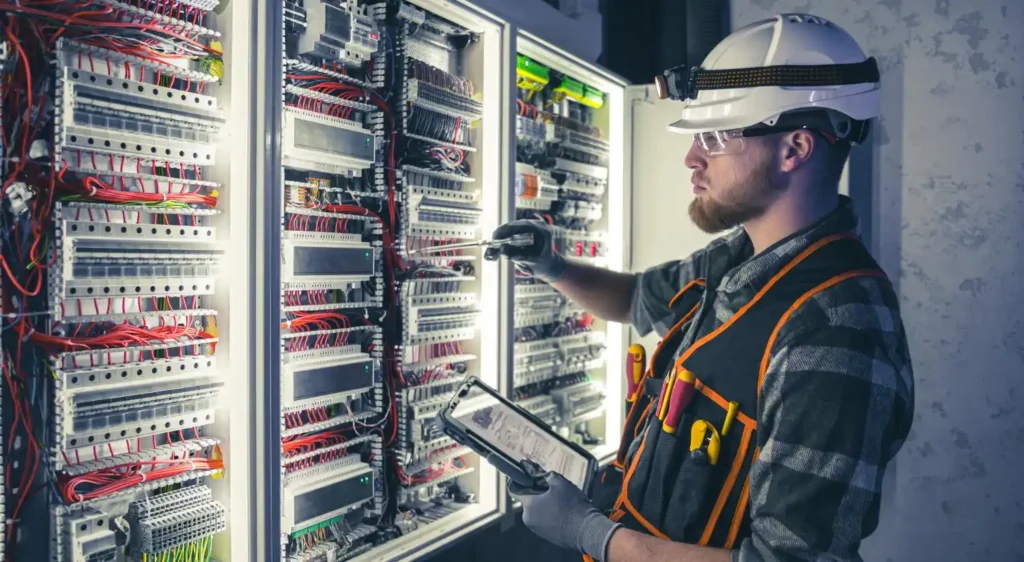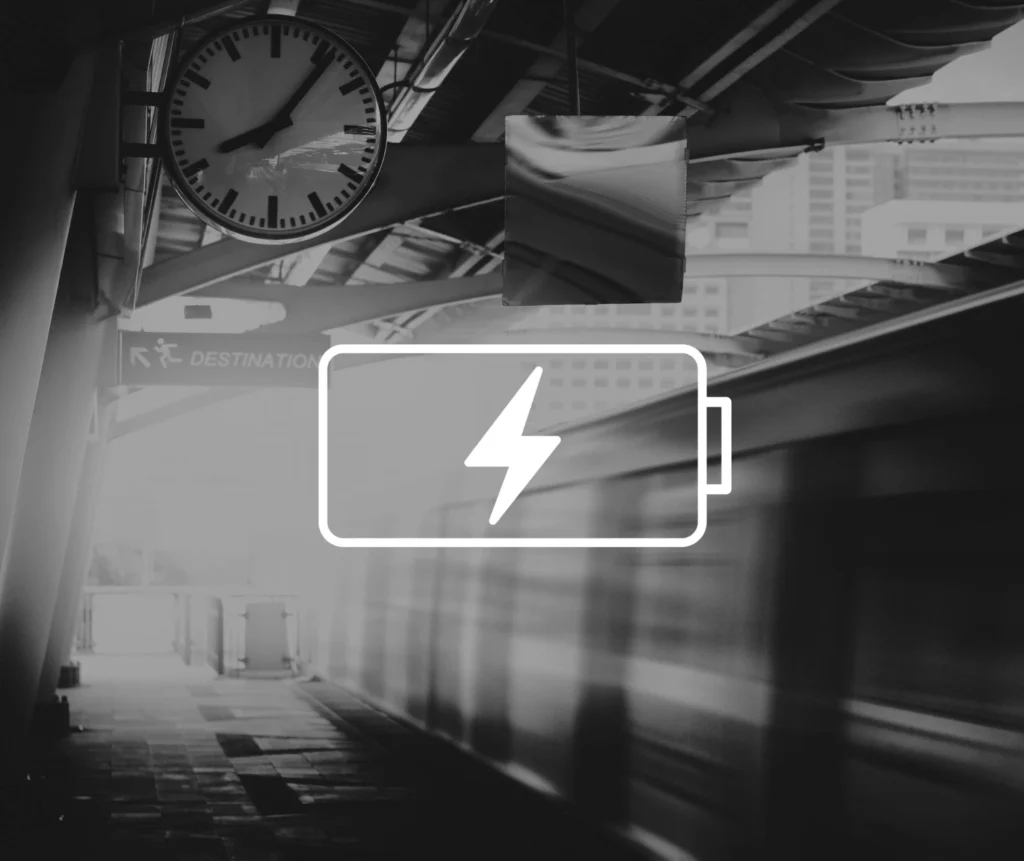Falling costs of renewable generation, particularly wind and solar, have led to good progress being made to decarbonise the electricity sector. This is now driving demand for new and innovative methods for providing storage and flexibility in the electricity system.
The next challenge is widely accepted to be delivering similar results for the transport and heating sectors. Electrification of cars is gathering pace, but there are still broader challenges around the decarbonisation of heavy goods movement, shipping and aviation.
Similarly, in heat, improving energy efficiency will play a significant role in reducing the scale of the decarbonisation challenge, but will not avoid the significant seasonal fluctuations associated with heat demand. Electrification will play a role in new building stock, however it will be challenging to deliver for Britain’s homes built before the 21st century.
Recent hydrogen research and demonstrator projects are beginning to show that integrating the use of hydrogen into Britain’s energy system is technically feasible. Furthermore, for many sectors such as domestic, commercial and industrial heating, the adoption of hydrogen presents an opportunity to upgrade existing technology without significant changes in consumer behaviour.
While there is considerable debate over whether future energy systems should remain highly centralised or take a more decentralised architecture, Energy Systems Catapult analysis indicates that either scenario will require some dependence on hydrogen to meet the Government’s legally binding targets on climate change.
The use of hydrogen as a means to store and transfer energy will not be without its challenges. Firstly, to reach meaningful scale and deliver the emissions benefits required in the time available, a new ecosystem of hydrogen technologies will have to mature quickly, much faster than historic precedents indicate that is possible.
Production of hydrogen at the levels required to facilitate a meaningful hydrogen economy will present considerable production technology and supply chain challenges to overcome.
Currently sources of hydrogen are reliant upon the process of steam methane reformation of natural gas, which requires carbon capture usage and storage to ensure net carbon emissions are as close to zero as possible. Furthermore, energy is wasted in the production and combustion of hydrogen, by comparison with straight combustion of methane.
Looking forward, hydrogen production is likely to come from a wider range of sources as more renewable generation sources drive the economics to support hydrogen adoption, in turn leading to reductions in electrolyser costs through deployment, thereby reducing hydrogen costs further.
In domestic heating, the uptake of hydrogen in heating is expected to require evolution of existing designs rather than revolutionary new systems. A leading boiler manufacturer has demonstrated that hydrogen can be safely integrated into the home with no increase in harmful nitrous oxide emissions and with overall lower risk to safety than natural gas.
Worcester Bosch has demonstrated boiler technology which is physically similar to natural gas boilers with similar functionality and performance. This approach has been driven by the technology but also very significantly by hydrogen technology having little or no negative impact on daily life, promoting consumer acceptance. Whilst the impact of hydrogen technology offers the potential for minimal behavioural impact, consumer acceptance of the hybrid applications of hydrogen will be fundamental to its wider application.
One of the major advantages of the supply of hydrogen as a replacement for natural gas is the repurposing of the existing natural gas network to distribute hydrogen to industry and domestic properties. This repurposing of existing natural gas network assets will considerably improve the viability of the wider application of hydrogen.
Britain is in a unique position to lead the way in adapting its energy system to accommodate hydrogen as a new energy vector.
Hydrogen presents an opportunity to develop new skills, to support clean growth and the industrial strategy, while refocussing existing expertise in financing, developing, designing and deploying complex energy solutions.
This strategy won’t be without risk; it will require bold decision making from policymakers, regulators and industry and strong consumer engagement as we adapt to a zero-carbon emitting energy system.
For more information on this topic and other ERP work, visit www.erpuk.org or alternatively email

